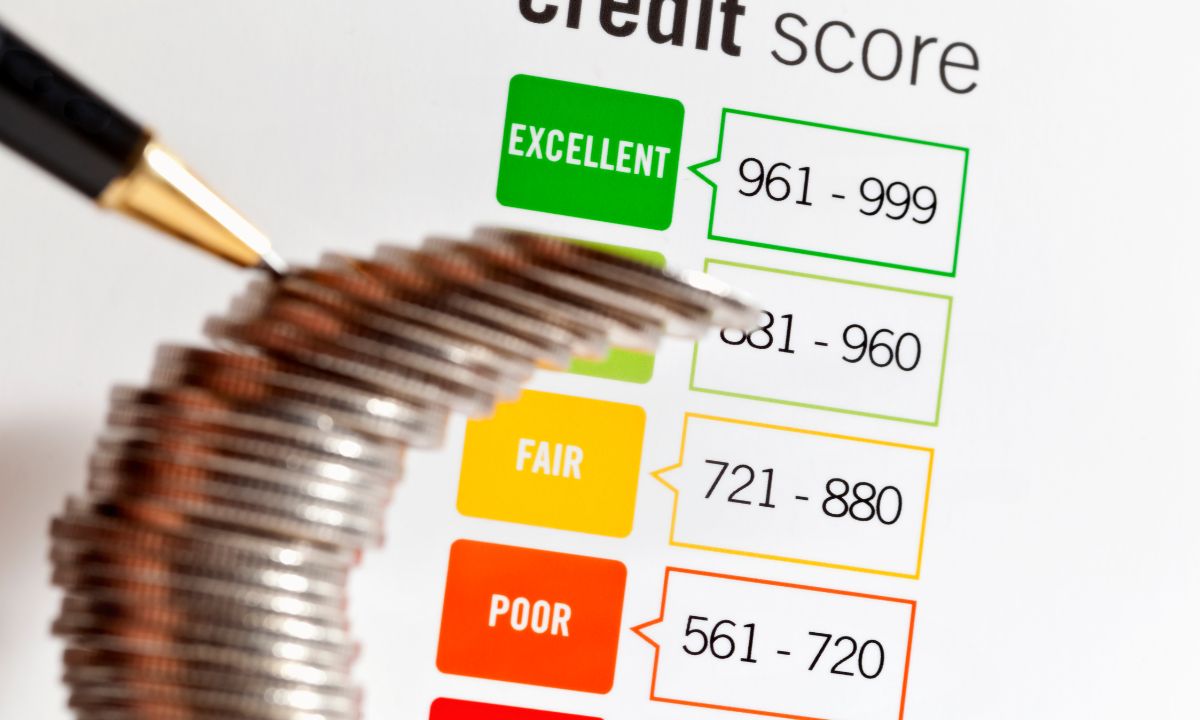How Obtaining a Mortgage Can Impact Your Credit Score
 When considering homeownership, many potential buyers wonder: Will getting a mortgage help my credit score? The answer is yes—if managed correctly. A mortgage is a major financial commitment, but it can also be a powerful tool for building and maintaining strong credit. Here’s how a mortgage can affect your credit score and what you should keep in mind.
When considering homeownership, many potential buyers wonder: Will getting a mortgage help my credit score? The answer is yes—if managed correctly. A mortgage is a major financial commitment, but it can also be a powerful tool for building and maintaining strong credit. Here’s how a mortgage can affect your credit score and what you should keep in mind.
Building Credit with On-Time Payments
One of the most significant factors influencing your credit score is payment history. Mortgage payments, like other loans, are reported to credit bureaus. Making your payments on time and in full each month demonstrates financial responsibility and can have a positive impact on your credit score over time. Conversely, missed or late payments can harm your credit and make it more difficult to qualify for future loans.
The Impact of a Hard Inquiry
When you apply for a mortgage, lenders conduct a hard inquiry on your credit report to assess your financial history. This can cause a temporary dip in your credit score, usually by a few points. However, this impact is minor and short-lived compared to the long-term benefits of responsibly managing a mortgage. If you’re shopping for the best mortgage rates, multiple inquiries within a short period (typically 14-45 days) are often treated as a single inquiry, minimizing the effect on your credit score.
Credit Mix and Diversity
Lenders like to see a diverse credit profile, which includes a mix of different credit types, such as:
-
Revolving credit (e.g., credit cards)
-
Installment loans (e.g., car loans, student loans, mortgages)
A mortgage adds an installment loan to your credit mix, which can improve your score by showing that you can handle different types of credit responsibly. While credit diversity isn’t the most critical factor, it does contribute to a well-rounded credit profile.
Mortgage Reporting and Long-Term Benefits
A mortgage is a long-term credit obligation, which means it stays on your credit report for years. Having a long and positive credit history can help boost your credit score. Here’s how it works:
-
Positive payment history helps build credit over time.
-
Length of credit history increases, which is a key factor in your credit score calculation.
-
Low credit utilization (since a mortgage is an installment loan rather than revolving credit) can contribute positively to your overall credit health.
Potential Risks to Watch Out For
While a mortgage can benefit your credit, there are also risks to consider:
-
Late or missed payments can significantly lower your credit score and lead to potential foreclosure.
-
Taking on too much debt can strain your finances and make it harder to manage other financial obligations.
-
Closing other accounts while managing a mortgage may impact your credit mix and utilization rate.
Monitoring Your Credit
Since mortgages are reported to credit bureaus, it’s essential to regularly check your credit report to ensure accuracy. If you spot any errors—such as incorrect payment records or duplicate accounts—report them to the credit bureau and your lender immediately to avoid potential negative effects on your score.
A mortgage can be a valuable tool for improving your credit score if you manage it wisely. Making on-time payments, maintaining a good credit mix, and monitoring your credit report can help ensure that your mortgage works in your favor.

 As we move into the last month of 2024, many potential homebuyers are eagerly awaiting a drop in mortgage rates. With inflation numbers looking promising, there’s hope that the Federal Reserve will lower the federal funds rate, which typically drives mortgage rates down as well. If you’re planning to buy a home or refinance when rates drop, now is the perfect time to start preparing. Here are five key steps to get ready for the mortgage rate decrease and ensure you’re in the best possible position:
As we move into the last month of 2024, many potential homebuyers are eagerly awaiting a drop in mortgage rates. With inflation numbers looking promising, there’s hope that the Federal Reserve will lower the federal funds rate, which typically drives mortgage rates down as well. If you’re planning to buy a home or refinance when rates drop, now is the perfect time to start preparing. Here are five key steps to get ready for the mortgage rate decrease and ensure you’re in the best possible position: If you’re thinking about buying a new home next year, there’s one important factor to consider before you start browsing listings—your credit score. A strong credit score can make a huge difference in the interest rates you will qualify for and can also determine your mortgage approval. Starting the process of improving your credit now gives you a head start, putting you in a better position to achieve your homeownership goals when the time comes.
If you’re thinking about buying a new home next year, there’s one important factor to consider before you start browsing listings—your credit score. A strong credit score can make a huge difference in the interest rates you will qualify for and can also determine your mortgage approval. Starting the process of improving your credit now gives you a head start, putting you in a better position to achieve your homeownership goals when the time comes.